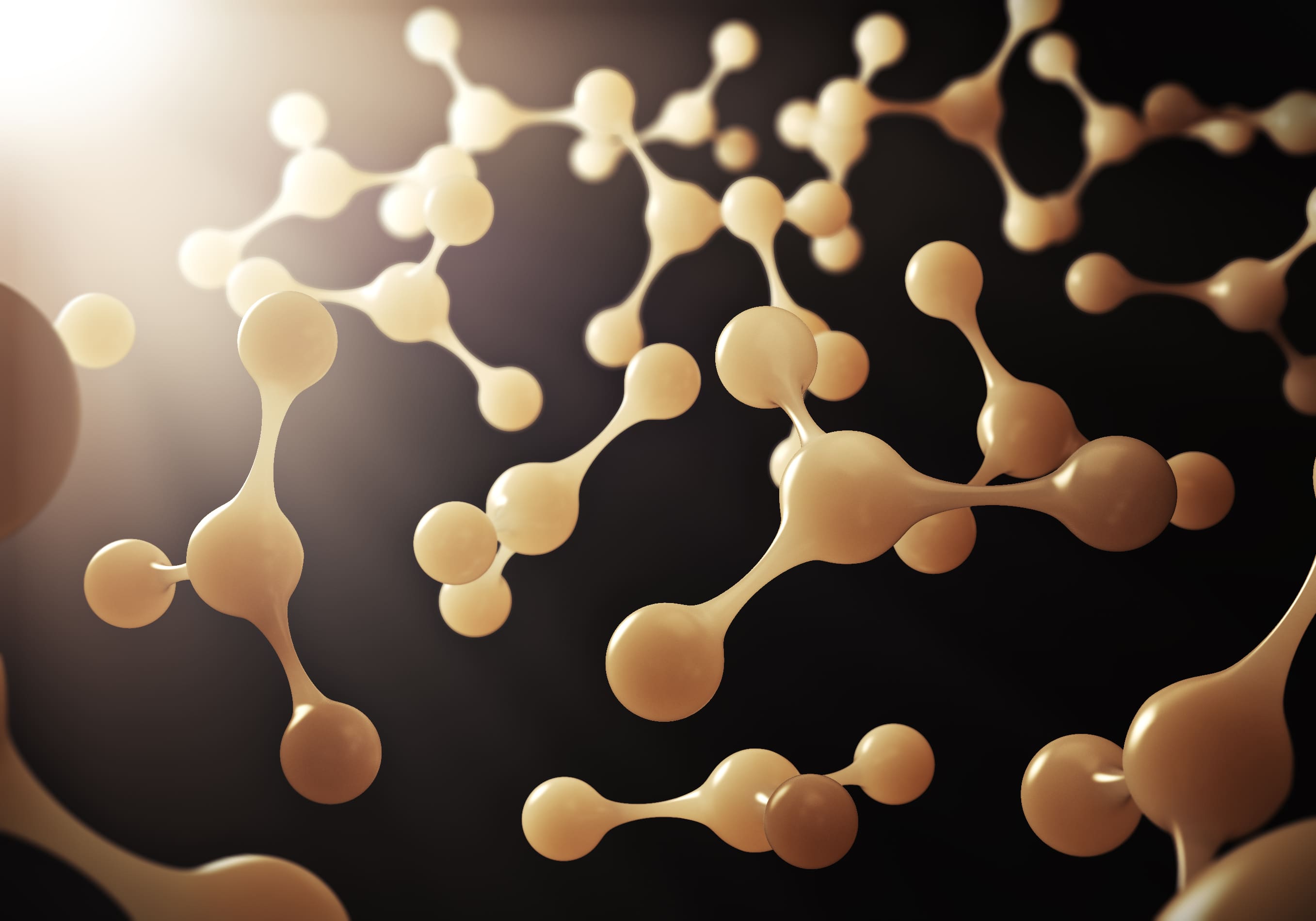Many vegetarians who aspire to adopt a vegan lifestyle often find dairy products, particularly cheese, to be the most difficult to relinquish. The allure of creamy cheeses, along with yogurt, ice cream, sour cream, butter, and a myriad of baked goods containing dairy, makes the transition challenging. But why is it so hard to give up these dairy delights? The answer might surprise you.
While the taste of dairy foods is undeniably appealing, there’s more to their allure than just flavor. Dairy products have an addictive quality, a notion supported by scientific evidence. The culprit is casein, a milk protein that forms the foundation of cheese. When consumed, casein breaks down into casomorphins, opioid peptides that activate the brain’s opioid receptors, similar to how prescription painkillers and recreational drugs do. This interaction stimulates dopamine release, creating feelings of euphoria and minor stress relief.
The problem is compounded when dairy is paired with highly processed, fatty foods, making them even more addictive. Cheese, in particular, stands out as one of the most addictive foods, with pizza often cited as a prime example. This is due to the high concentration of casein in cheese, which is significantly greater than in other dairy products.
Casomorphins play a crucial role in the mother-infant bonding process by encouraging nursing. However, continued consumption of these peptides into adulthood can foster compulsive eating behaviors, often with negative health implications. The addictive nature of cheese is not as potent as drugs, but it triggers similar responses in the brain, leading to cravings.
The more dairy we consume, the more we crave, especially cheese. Abruptly stopping dairy intake can lead to withdrawal symptoms like depression, mood swings, irritability, anxiety, and physical symptoms such as tremors and sweating.
Experts suggest that breaking the addiction to dairy might require strategies similar to those used for quitting smoking, drinking, or drug use. The process varies for each individual, but gradually replacing dairy with plant-based alternatives can help retrain the taste buds and reduce cravings.
For many vegetarians, the pull of dairy products is a significant barrier to going vegan. However, understanding the reasons behind this addiction and taking deliberate steps to overcome it can make the transition smoother. Whether motivated by health benefits, animal welfare, or environmental concerns, the decision to go vegan is a personal journey that can lead to a healthier, more compassionate lifestyle.
Many vegetarians who aspire to adopt a vegan lifestyle often find dairy products, particularly cheese, to be the most difficult to relinquish. The allure of creamy cheeses, along with yogurt, ice cream, sour cream, butter, and a myriad of baked goods containing dairy, makes the transition challenging. But why is it so hard to give up these dairy delights? The answer might surprise you.
While the taste of dairy foods is undeniably appealing, there’s more to their allure than just flavor. Dairy products have an addictive quality, a notion supported by scientific evidence. The culprit is casein, a milk protein that forms the foundation of cheese. When consumed, casein breaks down into casomorphins, opioid peptides that activate the brain’s opioid receptors, similar to how prescription painkillers and recreational drugs do. This interaction stimulates dopamine release, creating feelings of euphoria and minor stress relief.
The problem is compounded when dairy is paired with highly processed, fatty foods, making them even more addictive. Cheese, in particular, stands out as one of the most addictive foods, with pizza often cited as a prime example. This is due to the high concentration of casein in cheese, which is significantly greater than in other dairy products.
Casomorphins play a crucial role in the mother-infant bonding process by encouraging nursing. However, continued consumption of these peptides into adulthood can foster compulsive eating behaviors, often with negative health implications. The addictive nature of cheese is not as potent as drugs, but it triggers similar responses in the brain, leading to cravings.
The more dairy we consume, the more we crave, especially cheese. Abruptly stopping dairy intake can lead to withdrawal symptoms like depression, mood swings, irritability, anxiety, and physical symptoms such as tremors and sweating.
Experts suggest that breaking the addiction to dairy might require strategies similar to those used for quitting smoking, drinking, or drug use. The process varies for each individual, but gradually replacing dairy with plant-based alternatives can help retrain the taste buds and reduce cravings.
For many vegetarians, the pull of dairy products is a significant barrier to going vegan. However, understanding the reasons behind this addiction and taking deliberate steps to overcome it can make the transition smoother. Whether motivated by health benefits, animal welfare, or environmental concerns, the decision to go vegan is a personal journey that can lead to a healthier, more compassionate lifestyle.
Many vegetarians who want to switch to a vegan lifestyle find dairy products, especially cheese, the most challenging part to give up. Who could resist the delicious, creamy cheeses we have loved all our lives? Then there are products like yogurt, ice cream, sour cream, and butter, as well as all the baked goodies that contain dairy ingredients. Why do we find it so difficult to let these products go? The answer may surprise you.
Sure, dairy foods taste great, but that is not the only reason people love them. The truth is dairy products are slightly addictive. This idea may sound ridiculous, but some science is behind this claim. Dairy contains casein, a protein from milk that forms the basis of cheese (and certain plastics). When casein reaches the brain after consumption, it triggers the opioid receptors, the same receptors that respond to prescription pain pills, heroin, or other recreational drugs. Casein stimulates dopamine release, leading to a euphoric sensation and minor stress relief in some people.
Add this to highly processed, fatty foods, and you will double the problem. “The more processed (i.e., high carb) and fatty a food is, the more likely it is to cause addiction, and the most addictive foods contain cheese, with pizza taking top honors.” thefnc That is right. Pizza is considered one of the most highly addictive foods in existence.

The protein casein is in every mammal’s breast milk, including humans. When we ingest milk, our body digests the casein into casomorphins. Casomorphins are opioid peptides, or protein fragments, released during milk digestion. Casomorphins trigger dopamine receptors, causing the body to release dopamine, “a neurotransmitter related to feelings of pleasure and reward.” healthline This has an essential role in the mother-baby bonding process and in encouraging an infant’s interest in nursing. However, when infants transition to solid foods, they no longer require these casomorphins. “The continued ingestion of casomorphins into childhood, adolescence, and adulthood encourages compulsive, habitual behavior, and is often accompanied by negative health consequences.” switch4good
Here is why cheese is the most addictive of any dairy product. About 80% of the protein in milk is casein. It takes 10 pounds of milk to make 1 pound of cheese. As a result, cheese has a much higher concentration of casein than other dairy products. This increased level, in turn, creates the casomorphins we have discussed. They are not as strong as recreational drugs or prescription pain pills, but they create a similar response in the brain. Our brains and bodies love the pleasure or stress relief this creates, so we begin to crave the source: cheese.
The more dairy products we consume, the more we want, especially cheese. In fact, you might suffer withdrawal if you stop eating dairy products cold turkey. They will not be as severe as the withdrawals caused by heroin or pain pills, but they are similar. You may experience depression, mood swings, irritability, anger, anxiety, or gut problems. You may also exhibit tremors, sweating, or cravings.

Many say the first step in breaking our addiction to dairy is cutting back, citing that the less you consume, the less you crave. Experts at Mount Sinai suggest it may be more complex. “It may not be a simple matter of ‘cutting back’ on certain foods, but rather, adopting methods used to curtail smoking, drinking and drug use.” mountsinai
The process required will differ from person to person in consideration of their specific level of addiction. Some people can walk away, while others may need more assistance. Either way, the process will take time. As you remove yourself from addictive dairy products and add more plant-based products, your taste buds will begin to adapt to a life without dairy products. “By going for plant-based alternatives from dairy your body will be relieved from that minor addiction, inflammation, and even feelings of low energy or lethargy.” goodplanetfoods
Many vegetarians avoid going vegan because of the addictive pull of dairy products. Taking that last step can be a considerable decision requiring some work. How often have you or someone you know said, “I just cannot give up dairy” or “I do not think I could live without cheese.”? It is a frequent problem for many individuals considering a vegan diet.
It is not an impossible problem to solve, however. The first step is making the decision. What are your reasons for pursuing a vegan lifestyle? There are a few to consider. Are you interested in improving your health? Are you concerned for the welfare of farmed animals? What about working to conserve and better the environment? These are all legitimate reasons, and you may be compelled by one or all. That is ok.
There are many health benefits inherent in a vegan diet. Following a healthy vegan diet plan could help you lose weight. It can lower your risk of diabetes or heart disease. It can also lower blood sugar, improve kidney function, and significantly reduce the possibility of diabetes. If this is your only reason for interest in making the switch from vegetarian to vegan, that is perfectly fine and absolutely worth it.
The welfare of farmed animals is a significant motivation for many vegetarians and vegans alike. We all know that consuming meat requires the death of a farmed animal, and that is why many people choose to go vegetarian. The horrors of the dairy industry are not as blatantly obvious, however. Many assume animals are not harmed while procuring milk (or even eggs). This is a fallacy the dairy industry wants you to continue believing. Read Farm Buzz’s earlier article, Why Vegetarians Should Go Vegan: For the Animals, to learn more about the suffering of animals in this industry. Animal welfare is an obvious reason people choose to go vegan.
The farmed animal industry also harms the environment. Animal agriculture contributes greatly to global warming. It uses significant amounts of water while also polluting streams and rivers. Forests are destroyed to create farmland. The list goes on. Choosing a vegan lifestyle is a terrific way to help protect our environment.
Regardless of your reason to go vegan, it is 100% worth it. It may be difficult at first as you navigate dairy’s addictive properties and learn the ins and outs of vegan lifestyles, but it is always worth it. It is time to start fighting that nasty cheese addiction and make strides toward a vegan lifestyle for your health, the animals, and our environment.
Notice: This content was initially published on TheFarmBuzz.com and may not necessarily reflect the views of the Humane Foundation.



